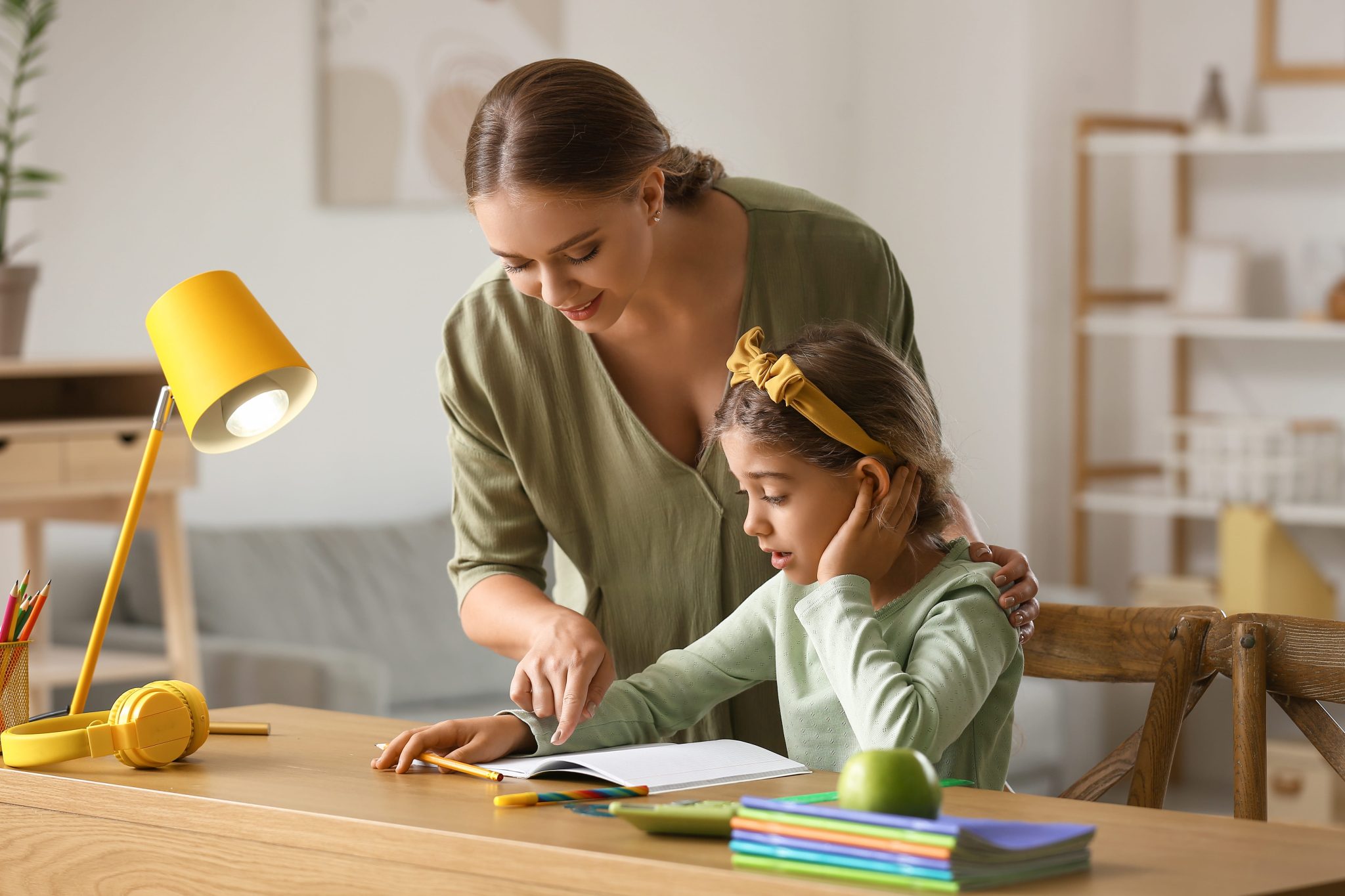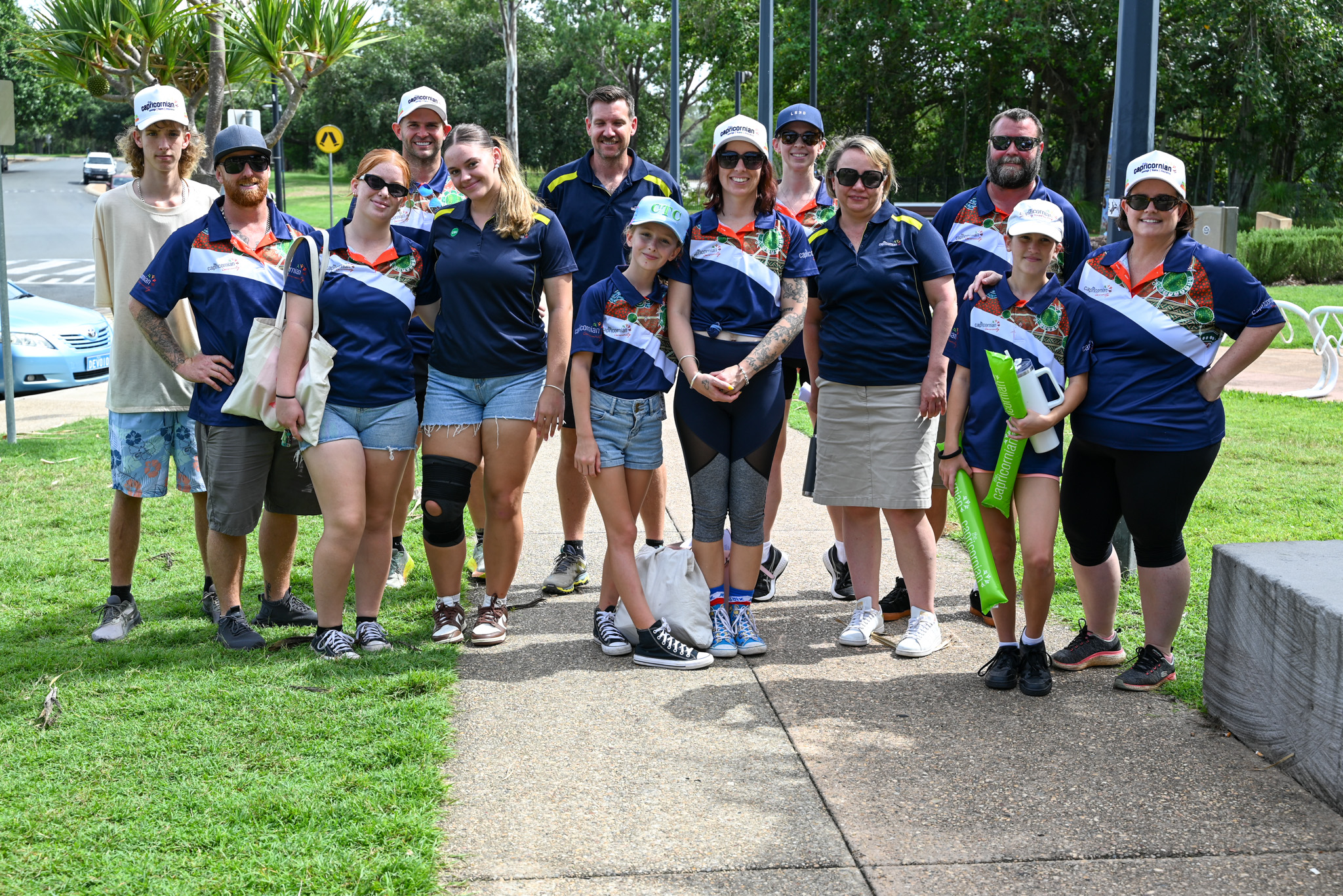From saving and spending to the value of work, there are lots of financial lessons you can share with your children at home or while out and about. Here are a few ideas.
As with many things in life, it pays to start early when it comes to learning about money. Financial literacy in children has been linked to a variety of positive outcomes, from savings skills to budgeting confidence.
But when is the right time to start? Research from Cambridge University found children as young as 3 can understand simple money concepts, such as how to use it to pay for shopping.
Having said that, kids of all ages can benefit from money-management lessons and encouragement. Here are a few places to start.
Let your kids hand over cash at the shops.
Have you ever seen a young child hoisted up by their parent at the grocery counter to hand over a cash note and collect the change? Their parent may have been trying to teach them that shopping isn’t free and choices need to be made about what to buy within the household budget.
Next time you’re at the shops, think about letting your child interact with the cashier or self-checkout to show them how the exchange of money for goods works.
Create a home market or version of Monopoly.
For centuries, children have been playing versions of shopkeeper and customer at home or in what we’d call today an early learning centre.
Consider encouraging these activities by creating fun games in which children can learn about earning money and making choices with a limited amount of cash.
You could even create a modified version of the board game Monopoly and reward children for sticking with the game and making decisions about how to use the money they build up.
Introduce pocket money.
The concept of pocket money rewards kids for helping out with things like household chores, while also empowering them to make decisions about spending today on something small or saving for a bigger item. It also introduces the concept of working for a return or a reward.
Think about having a conversation in which you show children what they could buy if they save over a series of weeks versus what they could buy today.
Set up a bank account for them.
A children’s bank account serves a number of purposes, including showing kids that money should be kept somewhere safe and secure and that it can grow over time – even if you can’t physically see that (as you could with a pile of cash).
Consider introducing your children to your own bank, with a branch visit or by going online and showing them how the account balance changes. Our Student and Youth Access Accounts are a great place to start, offering full transactional accounts tailored for young people.
In addition to teaching your kids about money, a bank account is an investment in their future and potentially something they’ll keep for many years to come.
If you’re in Central Queensland, drop into any of our eight local branches to set up a bank account for your child. You can also contact us via the website or call 1300 314 900 – let’s chat about starting their savings journey with The Capricornian.
Disclaimer: The content of this article is general in nature and is presented for informative purposes. It is not intended to constitute tax or financial advice, whether general or personal nor is it intended to imply any recommendation or opinion about a financial product. It does not take into consideration your personal situation and may not be relevant to circumstances. Before taking any action, consider your own particular circumstances and seek professional advice. This content is protected by copyright laws and various other intellectual property laws. It is not to be modified, reproduced or republished without prior written consent.




